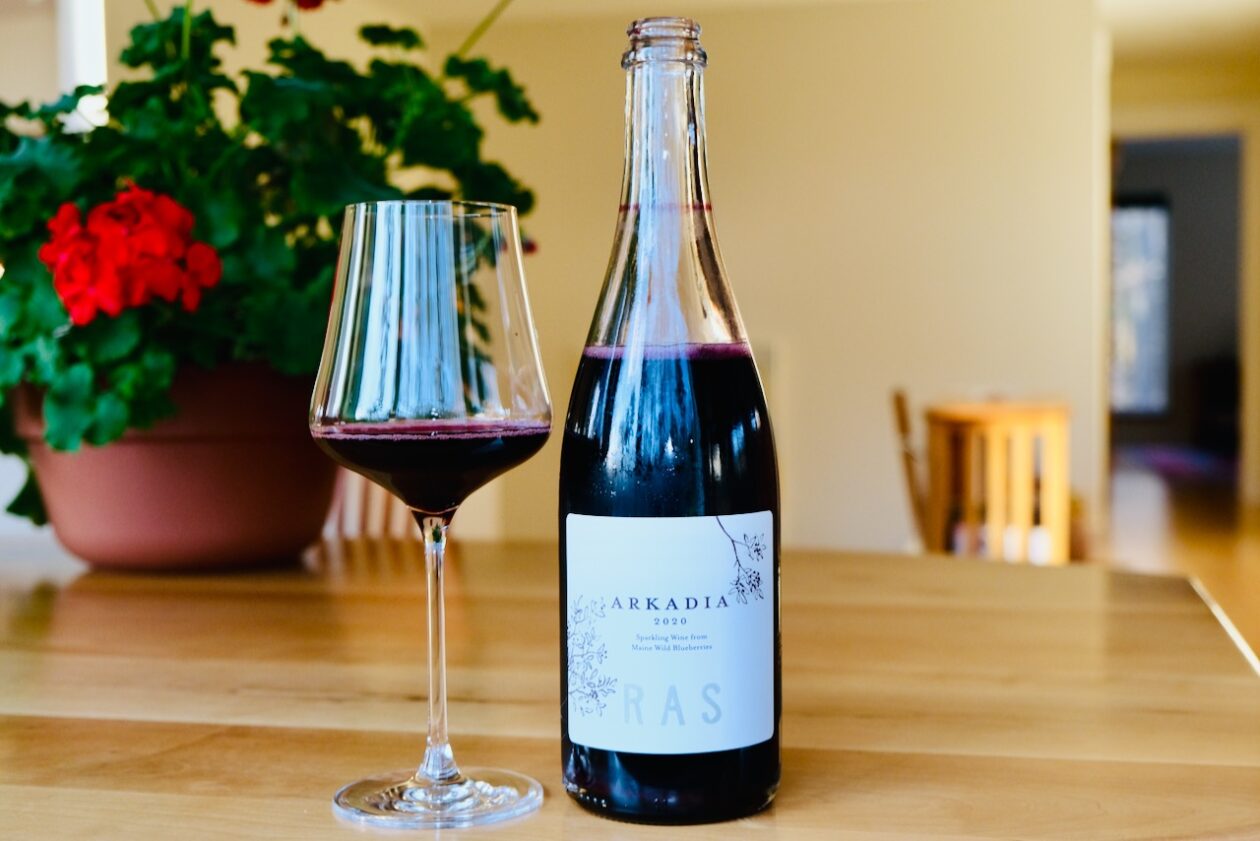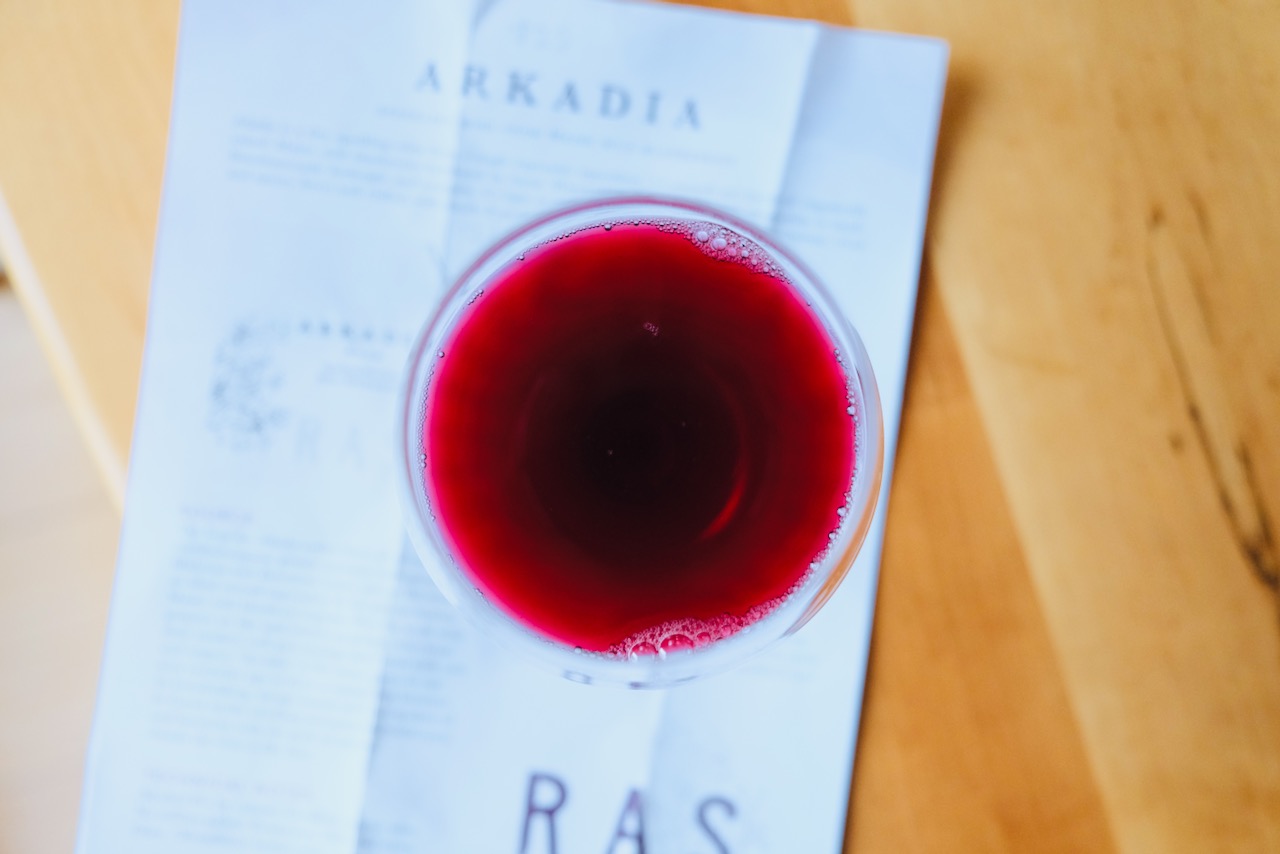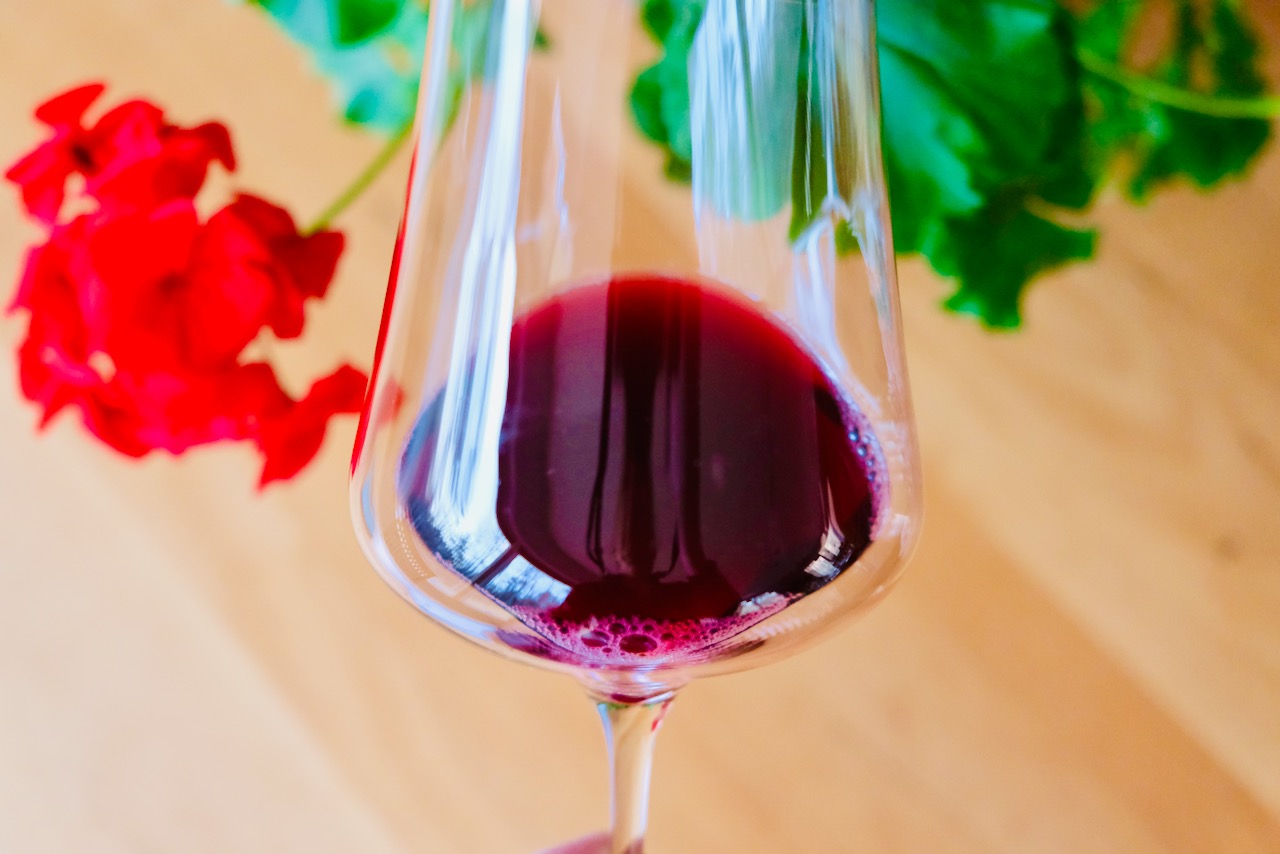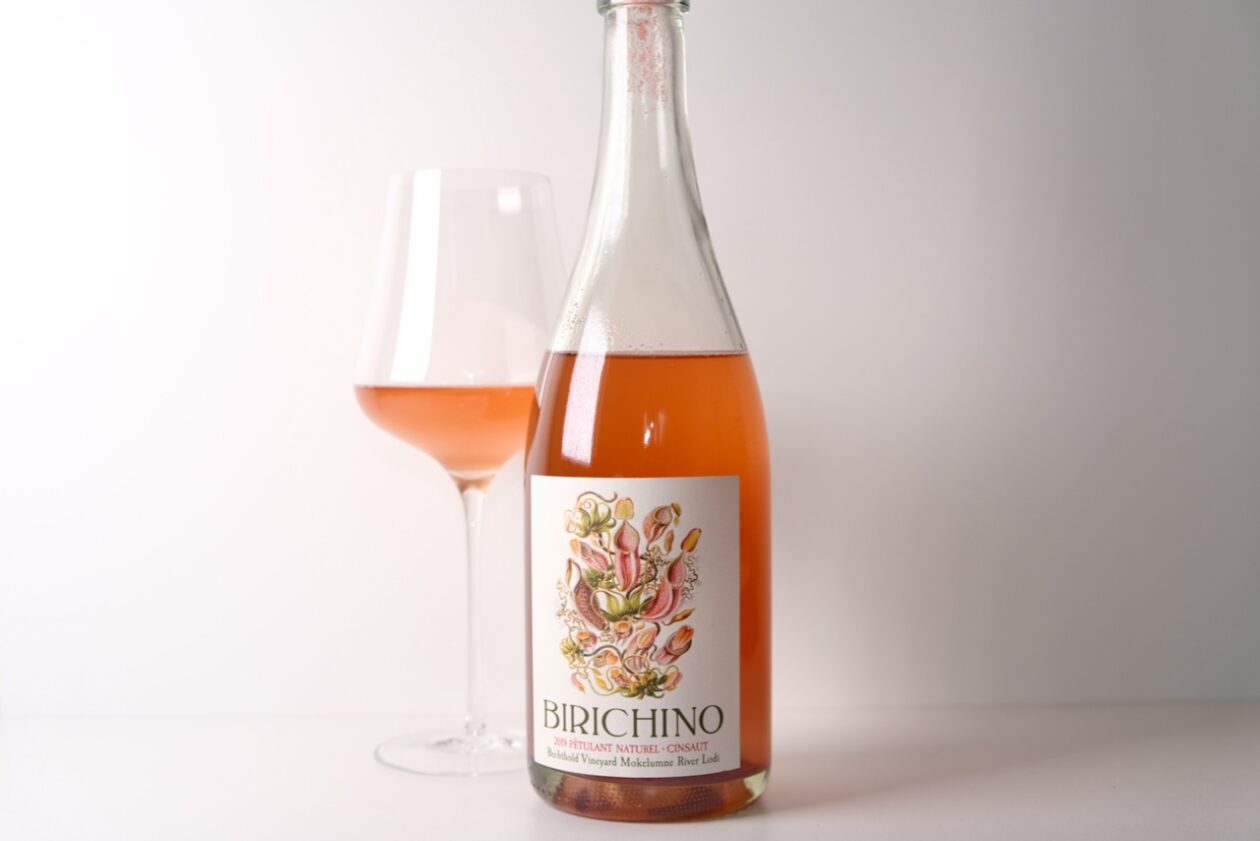
If two recent reviews prompted disclosure about the affinities of friendship, this wine prompts disclosure about the affinities of terroir.
I was born and raised in Maine, in a small city called Waterville which at the time boasted a college (Colby), two good hospitals, and a large high school. Although anchoring a region known as Central Maine, the city’s actually closer to the coast than to the state’s geographic heartland, which is populated more by trees than people. Drive merely forty miles south of Waterville and you can dip your toes into salt water.
Maine’s long tradition of fruit production includes imported lineages of pome and stone fruit trees and berry plants (strawberry, raspberry) that provide a pop of sugar and a welcome jolt of cash to hardscrabble market farmers. But blueberries wear the crown, a royal family that includes native low-bush fruits that spread across the coastal plains plus hybrid high-bush plants that are a staple of pick-your-own. Needless to say, I grew up eating a lot of blueberries.
So I read with interest of recent efforts to make wine from Maine’s heritage blue fruit. In 2020, I had a chance to taste the charmat method Bluet, a sparkler made from wild blueberries. The wine was savory and herbaceous, but also a bit foxy. I ended up thinking perhaps the fruit hadn’t been well served by the tank method.
And then I tasted Arkadia. Made by RAS Wines — the name’s an acronym of the makers’ last names: Roche, Appel (really), and Smith — Arkadia is a vintage traditional method fruit wine that gives Lambrusco a run for its money.
It takes two and a half pounds of organic blueberries to make each 750ml bottle. The fruit is macerated and allowed to ferment with ambient yeasts, on skins, for four weeks. It’s then pressed off to neutral tank for six months, after which its bottled with a dollop of sugar but no additional yeast for its repose sur lattes. After a few months of aging, it’s riddled and disgorged. The wine is never treated with sulfite, nor is it fined nor filtered. Because it’s made of organic fruit and is un-sulfured, the wine itself is certified organic.


The result is electric blue-purple with a fuchsia rim, its opaque robe accented by glints of grainy sediment. The aromas are floral with a lively forest note: white pine, juniper, bay leaf, sous bois. It truly smells to this native Mainer like a pine barren carpeted with wild blueberries. It’s lightly volatile, fully dry with tangy acidity and chewy tannins, these textures and sensations amplified by the creamy mousse. The fruit feels ripe but barely, skewing toward cranberry and (duh) blueberry, and the finish is short, snappy, and refreshing.
It’s delicious, but I’m biased. Serve it as you would any dry sparkling red wine: with charcuterie and cheeses, roasted or grilled poultry, salmon, pork, or sausages. It would be terrific with a traditional New England Thanksgiving dinner.
2020 RAS Wines Arkadia Sparkling Blueberry Wine Maine
8% ABV | $25 (sample)




I hope to be able to find it.
According to their website, they ship to many states. It’s also available at some shops in Maine.